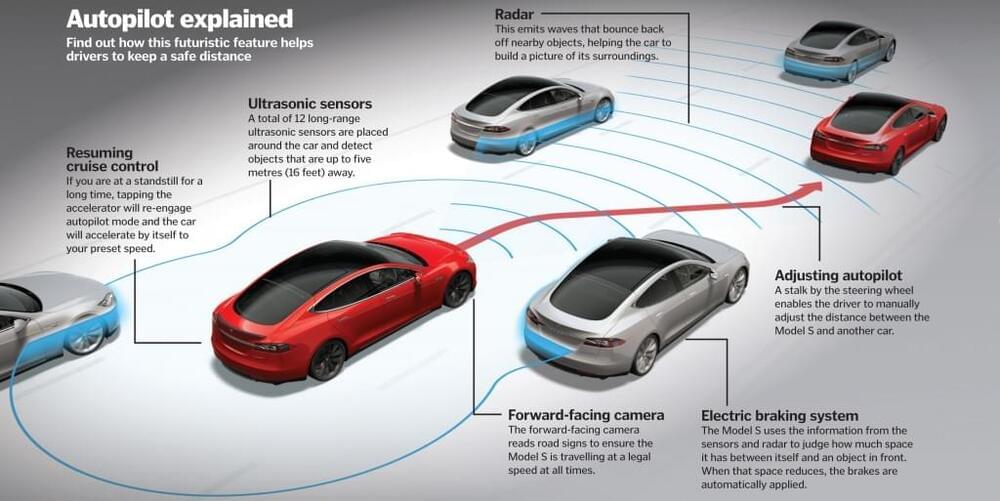With advancements in the field of robotics, scientists have created smart soft robots that can mimic any animal in terms of movement and behaviour. This may be the future of robotics since any kind of animals, whether it’s a robot dog, cat or fish can easily be built to perform complex movements and actions to help researchers and people in need of a social companion or pet.
Soft robotics is the specific sub-field of robotics dealing with constructing robots from highly compliant materials, similar to those found in living organisms.
Soft robotics draws heavily from the way in which living organisms move and adapt to their surroundings. In contrast to robots built from rigid materials, soft robots allow for increased flexibility and adaptability for accomplishing tasks, as well as improved safety when working around humans. These characteristics allow for its potential use in the fields of medicine and manufacturing.
–
If you enjoyed this video, please consider rating this video and subscribing to our channel for more frequent uploads. Thank you! smile
–
TIMESTAMPS:
00:00 How Robots have gotten more real.
00:48 Current robotic companions.
02:45 What are these new “Soft Robots”?
04:34 What these new Robots can accomplish.
06:55 Last Words.
–
#robots #robotics #animals







